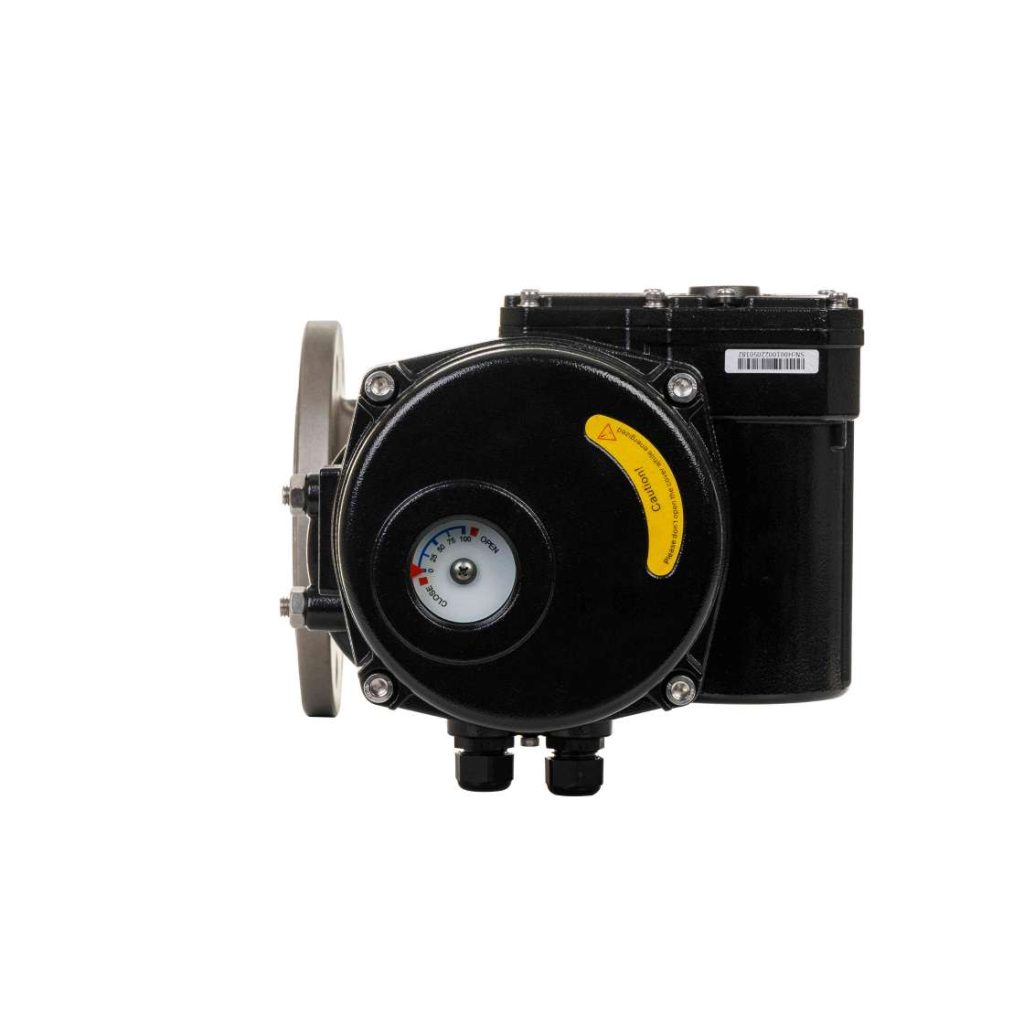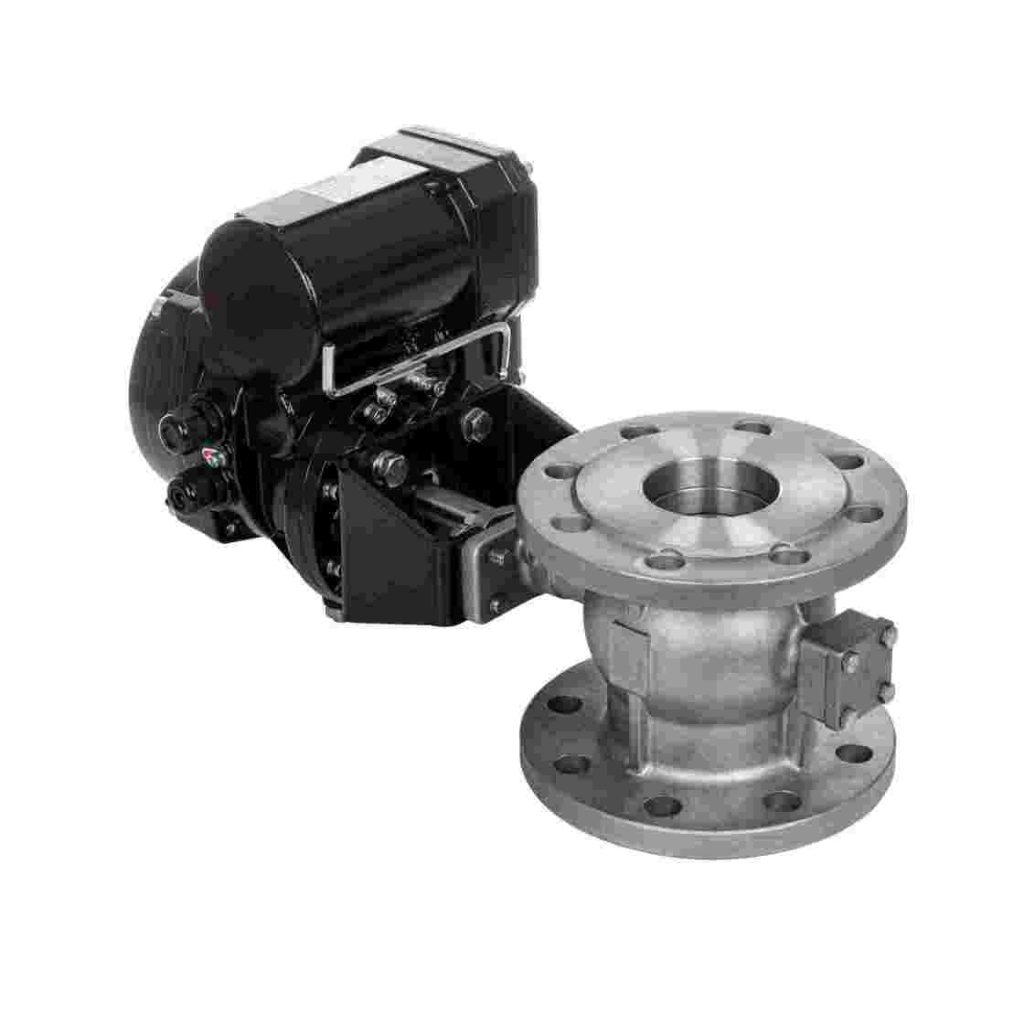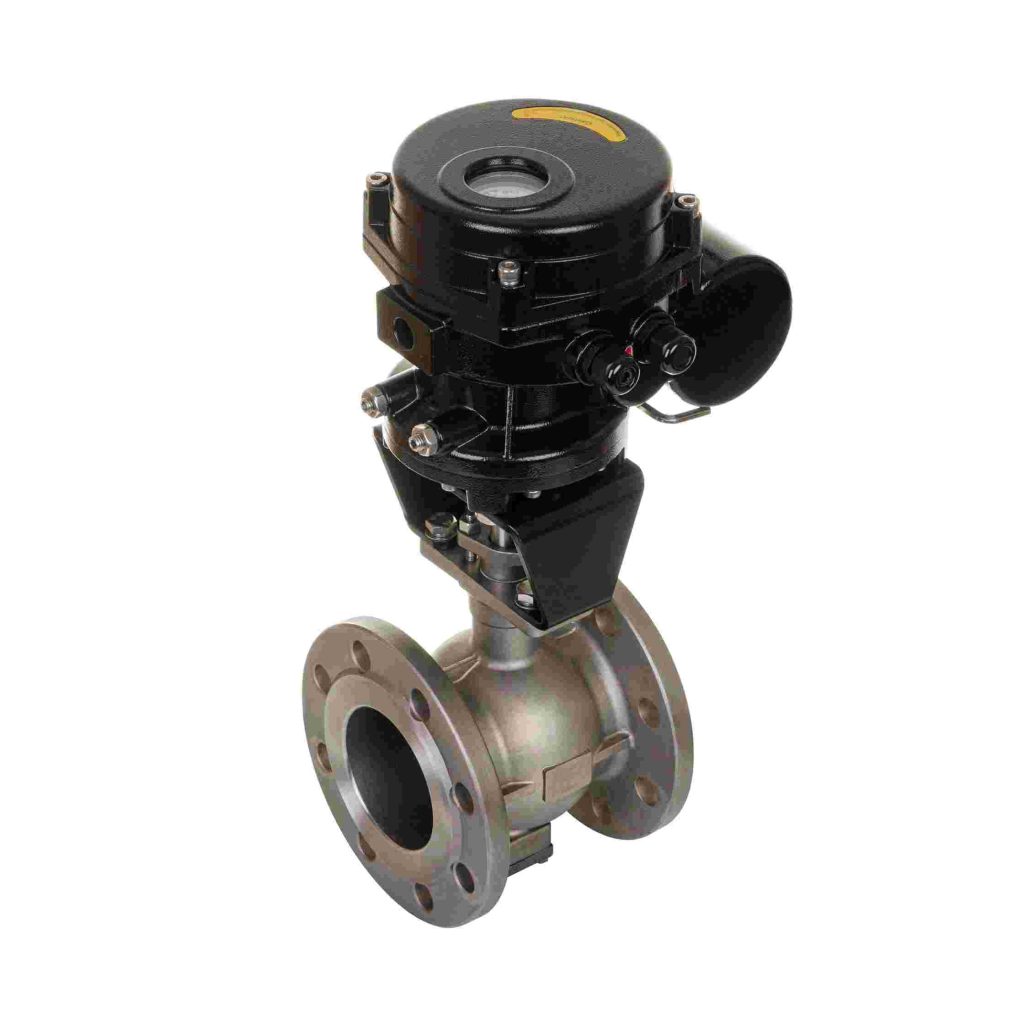In industries where volatile substances are handled, safety is a paramount concern. One crucial component that significantly enhances operational safety is the explosion-proof electric valve. These specialized valves are designed to prevent catastrophic failures and ensure the safe flow of fluids, even in hazardous conditions. This article delves into the features, applications, and benefits of explosion-proof electric valves, highlighting their importance in maintaining safety standards across various industries.

Understanding Explosion-proof Electric Valves

An explosion-proof electric valve is a type of valve equipped with an electric actuator that can safely operate in environments where flammable gases, vapors, or dust may be present. These valves are built to withstand explosive pressures and prevent the ignition of explosive mixtures. The primary components of an explosion-proof electric valve include the valve body, the actuator, and the explosion-proof housing, which protects the internal components from external hazards. The valve body is typically made from durable materials such as stainless steel or brass, ensuring long-term reliability and resistance to corrosion. The actuator, powered by electricity, provides precise control over the valve’s opening and closing actions, allowing for quick response times. The explosion-proof housing is designed to contain any internal explosions, preventing them from spreading to the surrounding environment.
